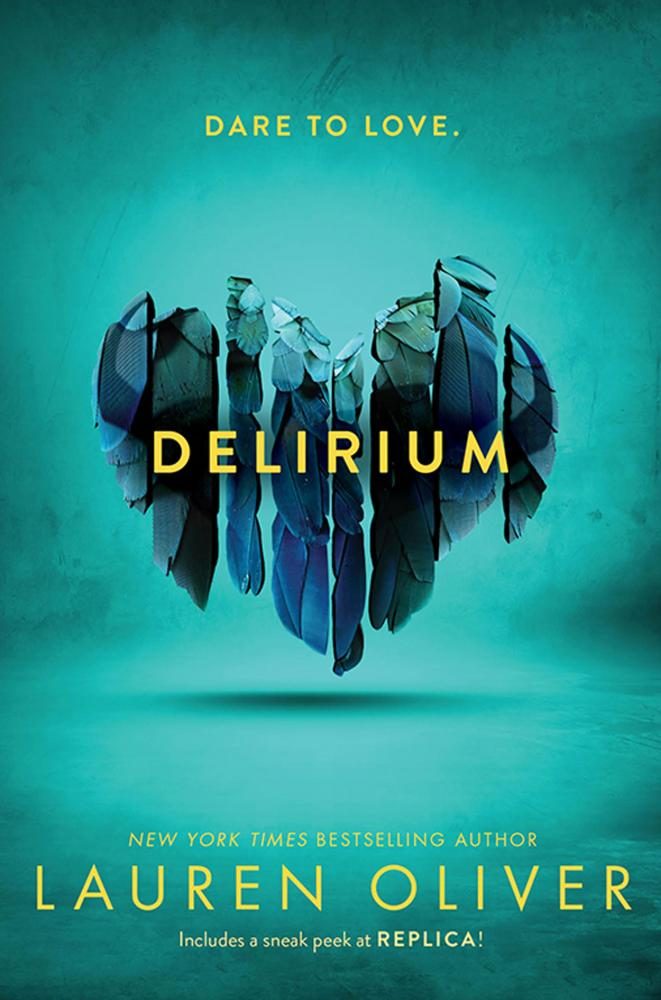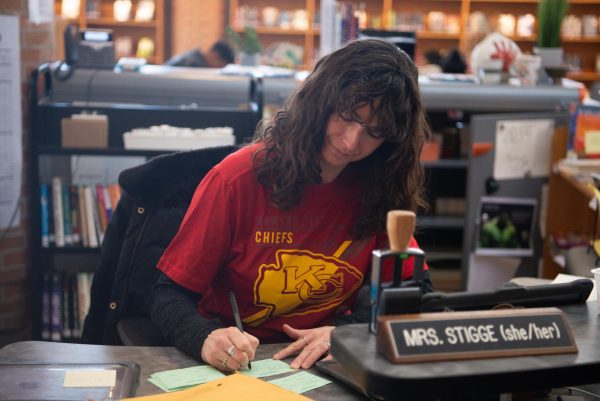Delirium Review
Rating: 5/5
April 24, 2017
In the future, love will be classified as a disease.
At least, that’s the case in Delirium, a dystopian novel by Lauren Oliver. At eighteen-years-old, citizens of the United States of America must undergo a procedure – a “cure” – that will result in them being unable to love anyone ever again, whether it’s a spouse (assigned by the government), child (number of children allowed is allotted by the government) or family member (interaction with other family members is limited and impersonal).
Delirium is, predictably, a love story. It doesn’t pretend to be anything different. It’s almost unnecessary that I tell you that protagonist Lena Halloway ends up falling in love, just months before her cure, with a boy named Alex. The cure — which Lena used to believe in totally and blindly — suddenly became the enemy hurdling towards her. She begins rebelling against the cure, trying to find ways to escape the procedure that will take away any semblance of love that she has for Alex or her little sister or her best friend. This was a predictable twist.
But the writing, the love story itself, the beautiful descriptions of everyday things, the relationships created and destroyed between characters, the book as a whole — all of this can only be described as unexpected, surprising and stunning.
Oliver writes like a poet. She takes the mundane and molds it into something different, something beautiful. Most teen dystopian writers tend to fall back on the expected, the cliche. Nothing about this book is cliche. The love story is brilliantly done and unexpectedly original.
Oliver didn’t get outlandish with her future society and she stayed away from political or state of the world details — these things don’t matter to the story. Instead, Oliver takes time to describe Lena’s school and neighborhood and that is what makes this book so believable and timeless. The only difference between Lena’s life and ours is the looming sense of awfulness that no one there loves each other, that no one there can love each other.
This is, at its core, an achingly beautiful and simultaneously intense and innocent love story, told with such subtlety that you almost don’t notice how terrible things are without love until Lena realizes it herself.
I tried to look for flaws in this book — that’s what reviewers do. But there simply aren’t any. The writing is fantastic. The love story is powerful. The society is believable. The action is enthralling. If you plan on doing anything productive in the 24 hours after starting this book, here’s a warning: don’t start reading. You won’t be able to stop.
Lauren knows who her target audience is: if modern day teenagers love two things, it’s dystopian books and love stories. Usually in the same novel. So, if you want a beautifully done dystopian thriller/love story, read Delirium as soon as possible.









